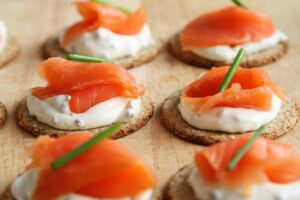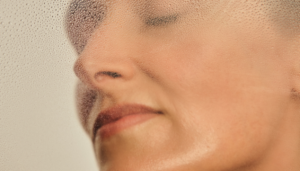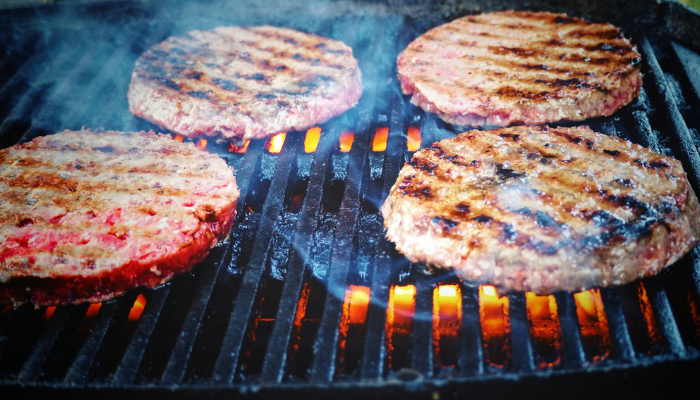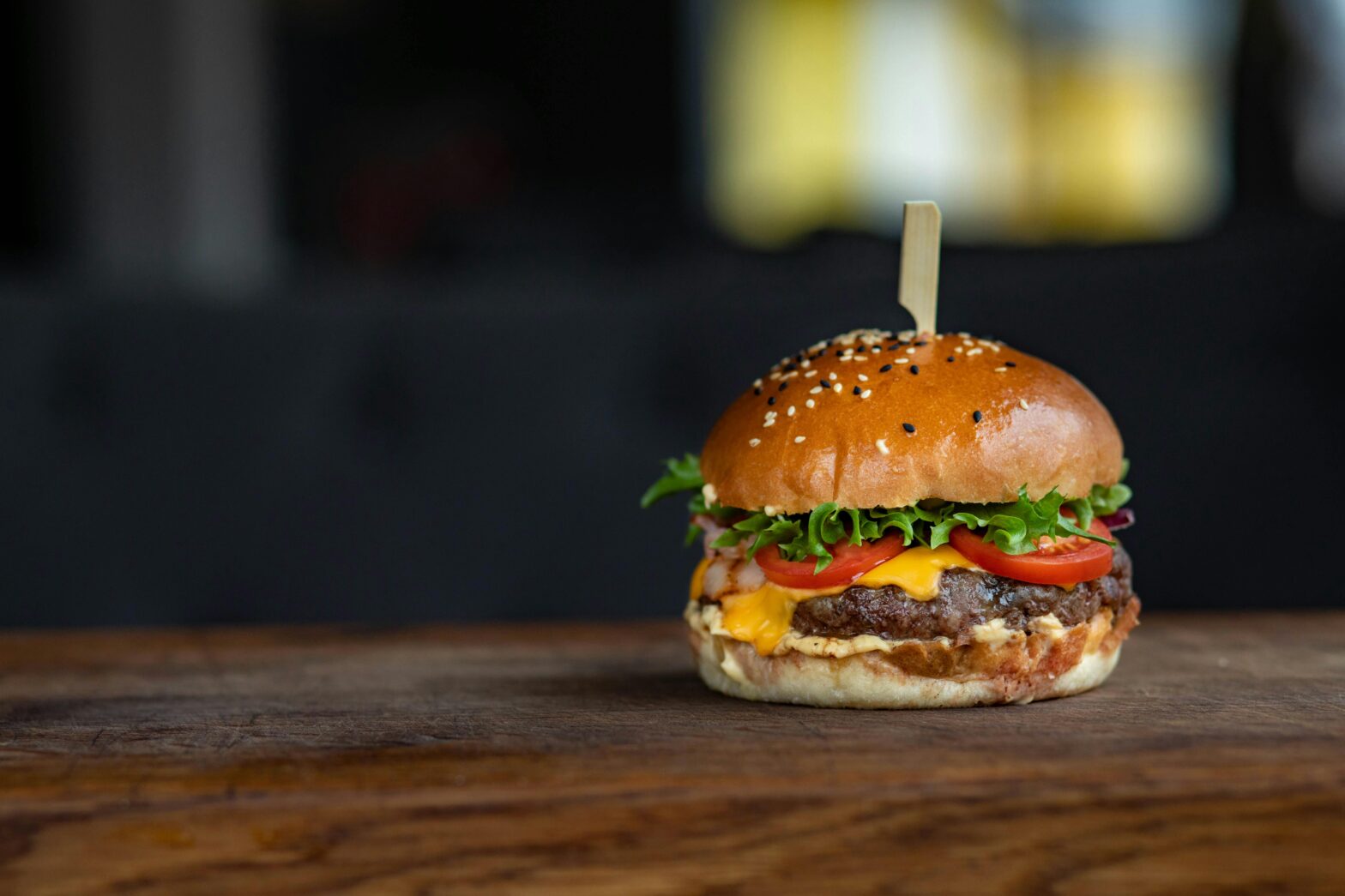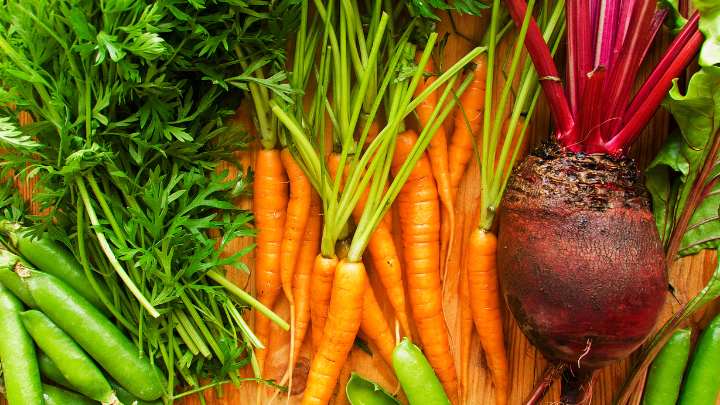What if old age looked like peace, serenity, and all the wisdom acquired throughout life? Let us rephrase the question— if age-related diseases did not exist, for how long would you wish to live for?
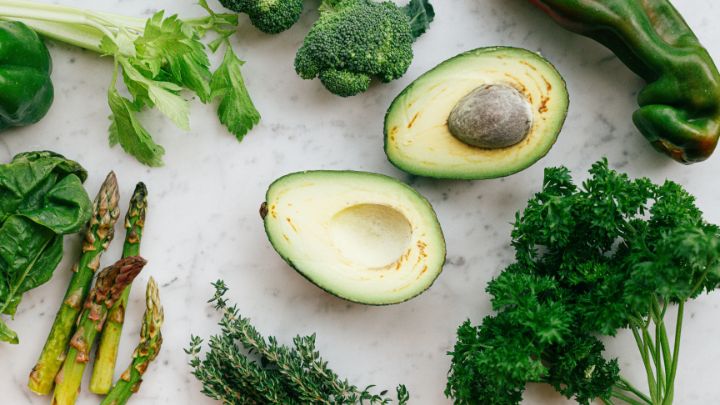
Would you start pursuing a new dream at 60? Certain diets, as shown in animal and human studies, offer hope. Have you thought of the potential of antioxidants for anti-ageing?
In this article
Free guide to reverse your biological age

- Master the science of rejuvenation.
- Apply proven tips to turn back the clock.
- Transform your health with top longevity specialists.
Nutrition for longevity
Emerging research points to diets rich in antioxidants and anti-inflammatory agents, as potentially diminishing oxidative stress and positively influencing our genes, leading to enhanced longevity.
Genetics only account for 20-30% of life expectancy variations, whilst lifestyle choices, particularly diet, play a much bigger role. The Mediterranean and Okinawa diets are often championed for their health and longevity benefits as they’re full of antioxidants, vegetables, fish, and healthy fats.
The Blue Zones: Best diets for longevity
Inhabitants of Blue Zones are known for living longer than the global average. They often practice fasting and calorie restriction, thriving on nutrient-rich, low-calorie diets. Conversely, the Western diet, filled with saturated fats, sugars, and processed foods, tends to have harmful health effects.
- Ogliastra, Sardinia: Known for the world’s longest-lived men.
- Island of Okinawa, Japan: Home to the world’s longest-lived women.
- Loma Linda, California: The Seventh Day Adventist community here outlives the average American by a decade.
- Peninsula of Nicoya, Costa Rica: where average incomes are amongst the nation’s lowest, the average life span is 85 — amongst the world’s highest.
- Island of Ikaria, Greece: Ikarians live eight years longer than Americans, with significantly lower rates of diseases.
Oxidative stress and inflammation
One important factor contributing to ageing is oxidative stress– a state that constantly damages our cells and DNA, due to an excess of ROS (Reactive Oxygen Species), and a deficiency in antioxidants. Oxidative stress is closely linked to inflammation— the start for many age-related diseases.
At a natural level, ROS can also be helpful– they fight pathogens and improve cell-cell communication by provoking hormonal production. But when their levels are disturbed, it leads to oxidative stress.

Oxidative stress accelerates ageing, and is a consequence of either increased ROS production or inability to remove enough ROS.
What are free radicals?
Reactive Oxygen Species, also known as free radicals, are unstable atoms that destroy everything they touch. They cause chaos within our cells, leading to ageing and age-related diseases.
Free radicals lack a key component (an electron), so they try to get it by killing other cells and causing damage to their DNA. Basically, they’re looking for an electron from anywhere, so they’re ready to destroy and injure any other molecule around to get it.
ROS damage carbohydrates, proteins, DNA, and lipids. Besides making your body weak, free radicals also cause:
- heart diseases
- eye problems like cataracts or vision loss
- inflammation of the joints, like arthritis
- damaged nerve cells, causing Parkinson’s disease and Alzheimer’s
- acceleration of the ageing process
- cancers triggered by damaged cells and DNA
Free radicals are naturally formed as by-products during important biochemical reactions. But, its production also increases upon exposure to
- ultraviolet (UV) rays
- cigarette smoke
- venomous molecules
- emotional stress
- dietary deficiencies
- hormonal differences
- pollution
- infections
What are antioxidants?
Antioxidants, present both in our body and in our foods, are free radicals scavengers [1]. Dietary ones, like Vitamins A C, E, selenium, Zinc, and Copper, all play a crucial role in defending our systems. They neutralise free radicals, preventing further lipid oxidation and DNA damage.
Functional or superfoods, packed with antioxidants and anti-inflammatory agents like Omega-3, fatty acids, probiotics, and prebiotics have been shown to have promising effects in slowing down the ageing process, and reduce the onset of chronic diseases.
Other examples of powerful antioxidants are – polyphenols. Some of them are about 50x more effective than Vitamin C or E.
What are polyphenols?
Polyphenols are organic compounds abundant in plants. They play a vital role in metabolism, weight, and chronic diseases. Polyphenols have antioxidant and anti-inflammatory properties, preventing heart and brain diseases, cancer and obesity [2].
Most polyphenols work as antioxidants in our body, meaning they can combat environmental harm, including UV damage and pollution. They’re usually pigments— yellow, red, purple and can absorb UV radiation, reducing inflammation, oxidative stress, and DNA damaging effects of the sun. In fact, they can be useful for sunscreen and sun cosmetic products.
All in all, polyphenols may improve our quality of life.
Where are polyphenols found?
Over 8000 polyphenols have been described from plants. These are produced as a defence mechanism against attack from fungi, bacteria, or insects. They are essential for plant diversity, accounting for their flavour, colour, bitterness, and nutritional properties of plant-based foods.
The Eastern world have been using polyphenols for centuries. Traditional Chinese Medicine has been using antioxidants for ages. Our ancestors used to eat various polyphenols in their foods as vegetable source.

Polyphenols are anti-inflammatory, antioxidants, and anti-carcinogenic.
Examples of Polyphenolic food — Anti-ageing super foods
Polyphenols are widespread constituents of vegetables, fruits, olive oil, chocolate, legumes, and beverages such as tea, wine, and coffee. They’ve been shown to prevent or mitigate numerous conditions, such as cardiovascular syndromes, diabetes, and cancer. It also shows benefits in improving mood and cognition.
Example of polyphenolic foods which have been studied for their health-promoting benefits:
- Blueberries
- Strawberries
- Black rice
- Tea
- Extra virgin olive oil
How do polyphenols affect ageing?
- Polyphenols and mitochondrial health
Polyphenols boost mitophagy— a process where dysfunctional mitochondria are destroyed and removed, and promote mitochondrial biogenesis— the production of new mitochondria.
- Polyphenols and telomeres protection
The antioxidant effects of diet on telomere function show that diet is a significant factor in determining telomere length status. Shorter telomere length is linked to ageing and age-related diseases.
- Polyphenols and Sirt-1 activation
Sirtuins, our longevity genes, are themselves controlled by diet and environmental stress. Antioxidants from polyphenols boost sirtuins’ actions, enhancing brain, heart, and immune health.
- Polyphenols and apoptosis:
Apoptosis triggers programmed cell death. Polyphenols can prevent muscle atrophy and immune system damage by inhibiting the apoptosis process, but they can also promote apoptosis to clear cancer cells.
- Polyphenols and autophagy:
Autophagy removes old and unwanted molecules to maintain cell homeostasis. Polyphenols induce autophagy and have anti-inflammatory effects, contributing to neuroprotective effects. They may reduce apoptosis-mediated cell death and boost cell viability.
Antioxidants as natural supplements
Natural antioxidant-rich supplements have potential in protecting the body against inflammation, neurodegeneration, and improving our digestive and immune system.
Avea’s Vitality Bundle:
The Avea Vitality Bundle
At Avea, we recognised the need for high-quality antioxidant support and took it a step further with the development of our Vitality Bundle.
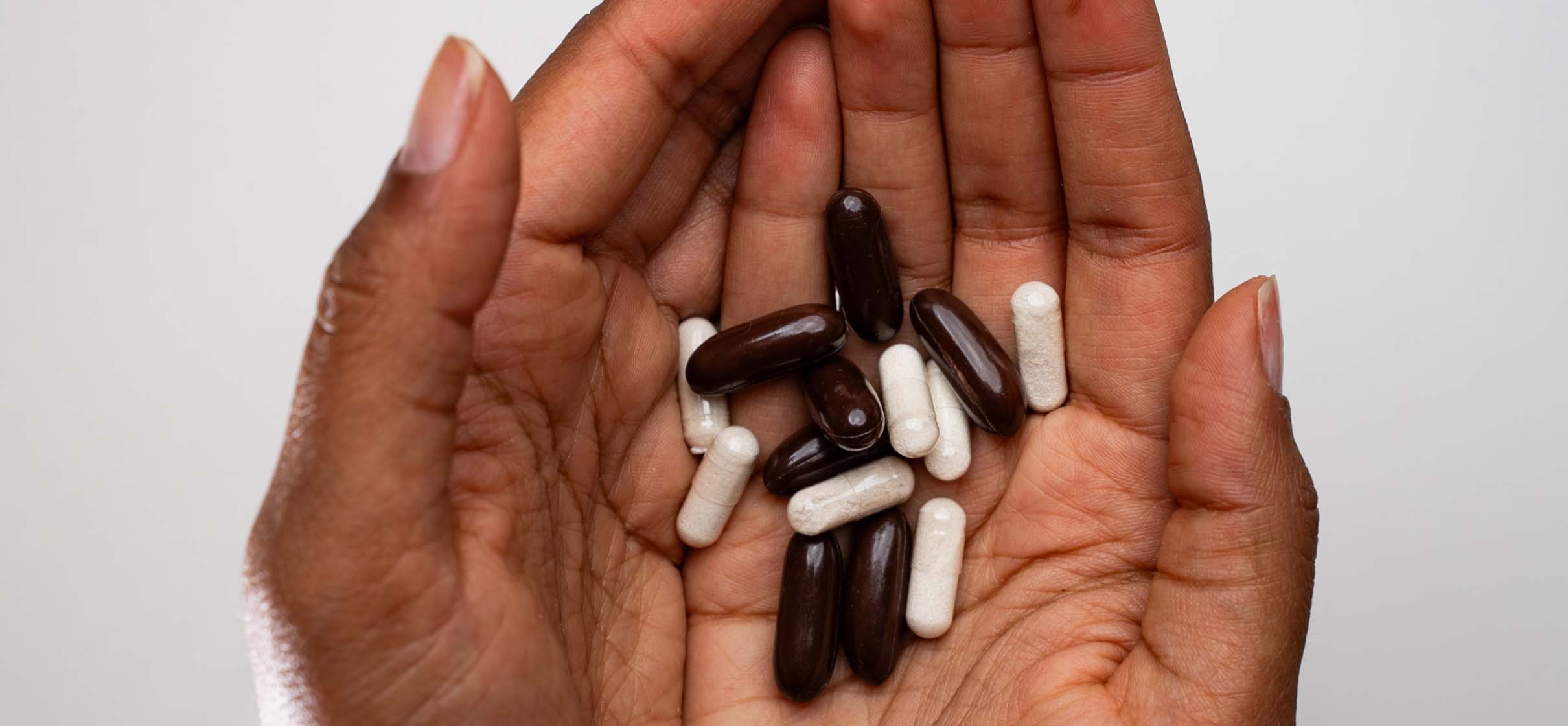
The Vitality Bundle comes as a duo:
- NAD+ precursor, crucial for energy production, sleep, focus, and more.
- Booster, packed with 5 powerful antioxidants: Resveratrol, Ubiquinol (CoQ10), Pterostilbene, Apigenin, and Betaine.
These natural ingredients unite to counter the signs of ageing at the cellular and molecular level. The Booster is specially formulated with olive oil for optimal bioavailability. The oil provides a fatty source that promotes better absorption, and greater potency in your body, meaning it can be taken without food.
Diet Limitations
Consuming the recommended daily amount of the antioxidants present in the Vitality Bundle is near impossible through diet only. For instance, you need about
- 12 cups of blueberries to obtain 100 mg Pterostilbene.
- 12.5 kg (27.5 pounds) of cooked salmon to obtain 100 mg CoQ10.
- 1.6 kg (29.4 ounces) of raw celery to obtain 100 mg Apigenin.
- 1 kg of grapes to obtain 100mg Resveratrol.
- A large handful of raw spinach or 85 g raw beets to obtain 100mg Betaine.
Key takeaway
It is clear that these little molecular guardians play a crucial role in maintaining youthfulness and overall well-being.
It’s not about turning back the clock; it’s about making sure the clock ticks more efficiently. This doesn’t mean you’re completely bulletproof against ageing, but you’re certainly more resilient, and who doesn’t want to be a robust, youthful version of themselves?
Making antioxidants a part of your daily routine isn’t merely a lifestyle choice; it’s an investment in your future self. So go ahead, snack on those berries, sip that red wine (in moderation, of course, alcohol is never a good idea!), and don’t forget your Avea Vitality Bundle. Your older self will thank you, with fewer wrinkles and a healthier glow to boot!
References




